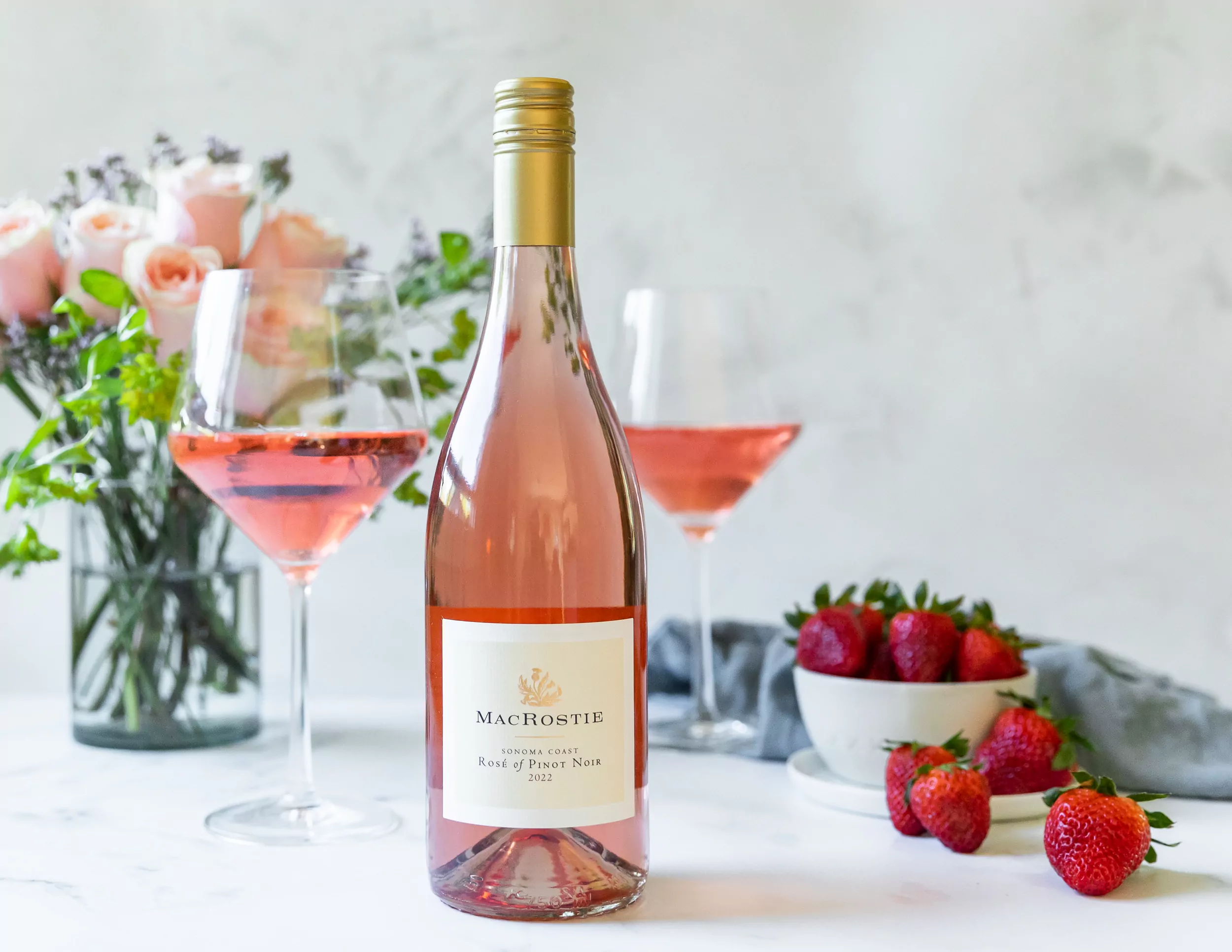Beginning with the 2010 vintage, we made the pioneering decision to bottle our acclaimed Chardonnays and Pinot Noirs using twist-off caps. To our knowledge, we were the first Sonoma Coast winery to put all of our wines under twist-offs. Back then, some experts estimated the failure rate of wine corks to be as high as 10% to 15%. While the quality of many cork products has improved over the past 12 years, whether the failure rate due to cork taint, oxidation, or other cork-related faults is 2%, 5%, or more, there is no other industry selling luxury products that would accept the product failure rates that the wine industry accepts with cork closures.
The data is global, extensive, and conclusive. Twist-off closures deliver a consistent wine in every bottle. They also preserve the quality, craftsmanship, and terroir of the wines. The one argument that traditional cork supporters suggest is that twist-offs are not ideal for aging. However, now that pioneering countries like Australia and New Zealand have decades of wine under twist-offs, there is compelling evidence that they may even do a better job of preserving a wine’s freshness, purity of fruit, and nuance over years of aging.
“Corked wines afflicted with the musty, moldy, wet-basement smell ruin up to 15% of all wine.”
Robert Parker, in Food & Wine, 2015
The final argument against twist-offs is that customers don’t embrace them—that they aren’t romantic and don’t impart a sense of luxury. We live in a time when there is more information about what we eat and drink than ever. Consumers seek out quality and authenticity, and in this pursuit, they are willing to learn what they don’t know—especially when it comes to wine. Just as we, as winemakers, share with our customers the character of specific wine regions and the distinctive charm of special vineyards, it’s also our job to educate others on how best to preserve the quality and integrity of the wines we produce. Here are four facts every wine-lover should know about twist-off caps:
- Under twist-offs there is no chance for cork-related TCA – a scientific term that means a wine is ‘corked’ or that it tastes musty.
- Twist-off enclosed wines have dramatically reduced oxidation – oxygen is most often the enemy, not the friend, of wine.
- Under twist-offs there is little-to-no bottle variation, whereas corks may have different permeability thresholds – our wines under twist-offs taste uniformly consistent from one bottle to the next.
- Twist-off closures are far more resistant to temperature change during shipping.











